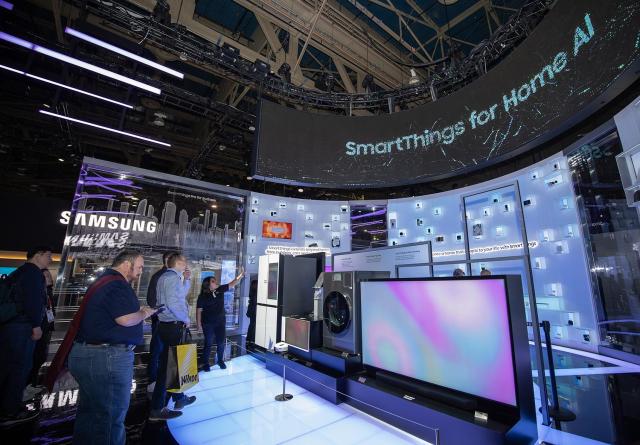
SEOUL, June 16 (AJP) - South Korean manufacturers are facing mounting trade pressures as the United States escalates its protectionist policies under the Trump administration.
In a fresh blow to exporters, the U.S. will impose new 50 percent tariffs on home appliances made from steel derivatives starting June 23, expanding a web of duties that now encompasses everything from industrial metals to consumer goods — and potentially, automobiles.
Samsung Electronics and LG Electronics, two of South Korea’s largest home appliance producers, are scrambling to adjust. Efforts to pivot supply chains toward American steel have proved difficult, executives say, citing both logistical hurdles and cost concerns.
The tariff expansion builds on measures first introduced in March, when the White House began steadily broadening levies on steel, aluminum, and related products.
Industry officials warn that using U.S.-sourced materials to avoid the new penalties could erode profit margins and expose sensitive information. “Sharing steel and aluminum content data for tariff calculations raises significant trade secret concerns,” one official said.
The impact is already visible in trade data. According to the Korea International Trade Association, exports of refrigerators to the United States plummeted 35.3 percent year-over-year in the first four months of 2025, falling to $415.8 million. Shipments of washing machines and similar appliances declined 17 percent to $175.8 million over the same period.
The uncertainty has also spread to South Korea’s auto sector. On June 12, President Trump signaled that the existing 25 percent tariff on imported vehicles could be raised further.
South Korean car exports to the U.S. fell 32 percent in May from a year earlier to $1.84 billion, according to the Ministry of Trade, Industry and Energy. Hyundai Motor Group saw its U.S. sales growth slow sharply to 6.7 percent in May from 16.3 percent in April.
Currency fluctuations have added another layer of complexity. The won has strengthened in recent weeks, with the exchange rate falling from the 1,400 range in April to the 1,300s last month — undermining the price competitiveness of Korean exports.
To mitigate the fallout, Hyundai is seeking to diversify beyond the U.S. market. The company sold 138,000 vehicles in China between January and April, an 11.8 percent increase over the same period in 2024.
Copyright ⓒ Aju Press All rights reserved.

